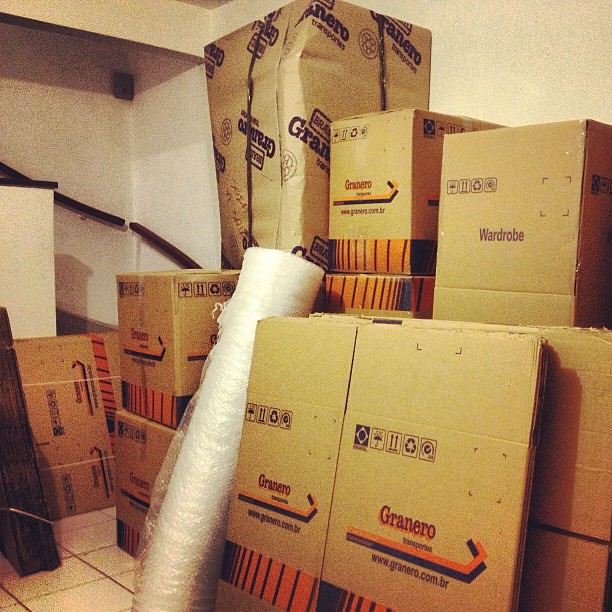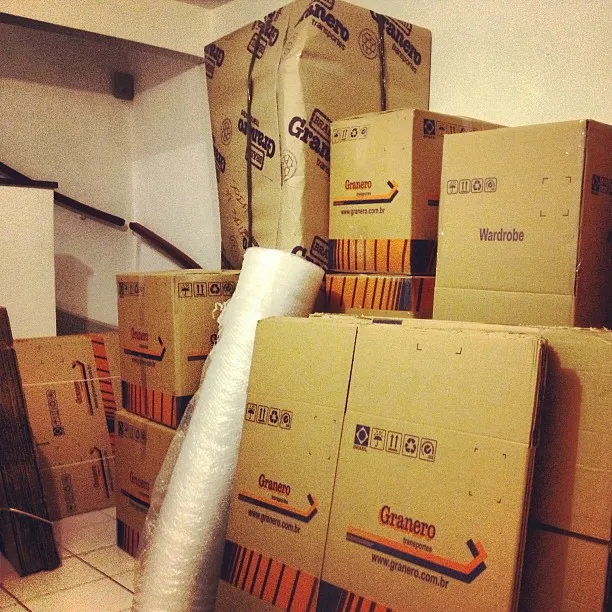If you’re about to move, you’ll need to make sure that your belongings are protected.

One way to do this is by purchasing moving insurance. This guide will teach you everything you need to know about moving insurance, including what it covers and how to choose the right policy. So, whether you’re a first-time mover or just looking for some reassurance, keep reading!
What is Moving Insurance?
Moving insurance is a type of protection that covers your belongings in the event that they are damaged or lost during a move.
It’s important to remember that your homeowner’s insurance likely will not cover your belongings while they are in transit, so it’s a good idea to purchase moving insurance if you want peace of mind during your move.
Read Also:
What Is the Benefit of Moving Insurance?
The biggest benefit of moving insurance is that it can give you financial protection in the event that something happens to your belongings during a move.
If your belongings are damaged or lost, you may be able to file a claim with your moving insurance policy and receive compensation for the damages.
According to CBD Movers Canberra, this can help you cover the cost of repairs or replacement items, which can save you a lot of money in the long run.
What Does Moving Insurance Cover?
Most moving insurance policies will cover the replacement value of your belongings if they are lost or damaged during a move. Some policies will also cover the cost of storage if your belongings are delayed in transit. You should always read the fine print of your policy to see what exactly is covered.
How Much Does Moving Insurance Cost?
The cost of moving insurance will vary depending on the value of your belongings and the distance of your move. However, you can expect to pay somewhere between $0.60 and $1.20 per $100 of coverage.
So, if you have $10,000 worth of belongings that you want to insure, you would pay between $60 and $120 for protection.
How Do I Choose a Moving Insurance Policy?
When choosing a moving insurance policy, it’s important to consider the value of your belongings and the distance of your move. If you’re moving a long distance or have high-value items, you may want to purchase a more comprehensive policy.
You should also read the fine print carefully to make sure that you understand what is and is not covered by your policy.
What Are Some Things to Keep in Mind When Choosing a Moving Insurance Provider?
There are a few things to keep in mind when choosing a moving insurance provider. First, you’ll want to make sure that the company is reputable and has a good history of paying out claims.
You should also compare the cost of policies from different providers to make sure you’re getting the best deal. Finally, you’ll want to read the fine print carefully to understand what’s included in your policy.
How Do You Claim on Your Moving Insurance Policy?
In order to claim on your moving insurance policy, you will need to file a claim with your insurance provider. You will need to provide documentation of the damages or losses, as well as proof that you purchased moving insurance.
Once your claim is filed, the insurance company will investigate and determine whether or not you are eligible for compensation.
What Are Some Tips for Filing a Moving Insurance Claim?
There are a few things you can do to make sure your moving insurance claim is successful. First, be sure to document all damages or losses with photos or video. This will help your insurance company determine the extent of the damages.
Second, keep all receipts and documentation from your move, as this will be needed to verify your claim. Finally, be sure to file your claim as soon as possible, as there may be time limits on when you can file.
Moving insurance can give you peace of mind during your move, knowing that your belongings are protected in case of damage or loss.
Be sure to consider the value of your belongings and the distance of your move when choosing a policy, and always read the fine print to understand what is covered. With moving insurance, you can rest assured that your belongings are in good hands.









